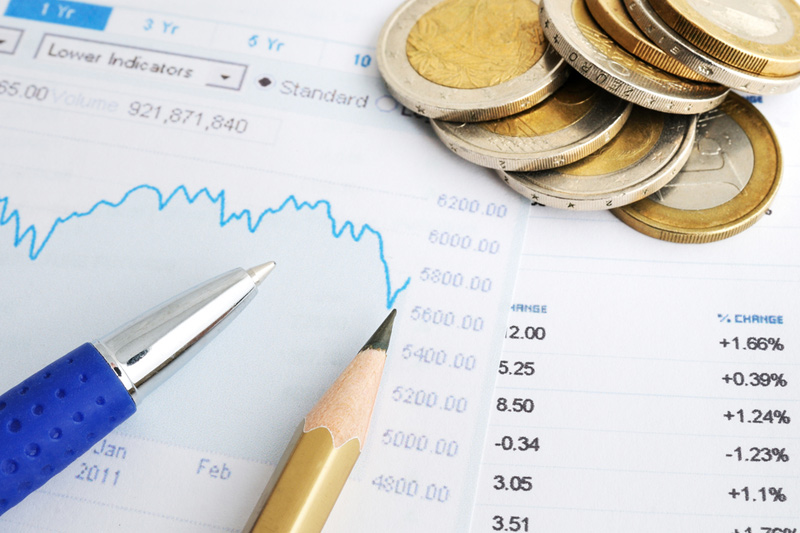Investors on Edge as Middle East Conflict Intensifies
Investors Brace for Escalation of Middle East Conflict
Investors are closely monitoring the situation in the Middle East, fearing that the ongoing conflict may escalate over the weekend. This potential escalation could increase volatility in the market, coinciding with the upcoming Federal Reserve meeting and key U.S. data releases in the following week.
Israel Launches Second Phase of Gaza War
Israeli Prime Minister Benjamin Netanyahu announced on Saturday that Israeli forces had initiated the second phase of the Gaza war, intensifying ground operations against Hamas militants. The recent attacks by Israel on targets in Gaza, Lebanon, and Syria, coupled with the deployment of additional U.S. military assets to the region, have raised concerns among investors about the possibility of a broader conflict.
Anxiety Grows Among Investors
Investors have expressed growing anxiety about the situation in Israel. Randy Frederick, managing director of trading and derivatives for Charles Schwab, stated that the ongoing conflict is causing significant concern in the market.
Oil Prices Surge Amid Supply Disruption Concerns
The conflict has already had an impact on oil prices, with futures settling up 2.9% at $90.48 a barrel on Friday. Investors are worried that the disruption in crude supplies resulting from the conflict could further drive up oil prices. Additionally, the price of gold, a safe haven for nervous investors, surpassed $2,000 for the first time since mid-May.
Potential Impact on Treasury Yields
If the conflict escalates and prompts the U.S. to increase war-related spending, there is a possibility that Treasury yields, which have already reached 16-year highs, could rise even further. However, some investors believe that a widening conflict could lead to safe-haven buying of Treasuries, potentially mitigating the surge in yields and easing pressure on stocks and other assets.
Volatility Index Climbs
The Cboe Volatility Index, often referred to as the “fear gauge,” has seen an increase in response to the conflict. On Friday, it approached seven-month highs, reflecting the growing unease among investors.
Upcoming Federal Reserve Meeting and Corporate Reports
The Federal Reserve is scheduled to release its latest monetary policy statement on Wednesday, adding further anticipation and uncertainty to the market. Additionally, Apple’s quarterly results are expected to be announced, contributing to a busy week of corporate reports.
Amidst the evolving conflict in the Middle East, investors are anxiously awaiting developments and closely analyzing the potential consequences on various financial markets. The outcome of the conflict remains uncertain, and its impact on global markets is yet to be fully realized.



